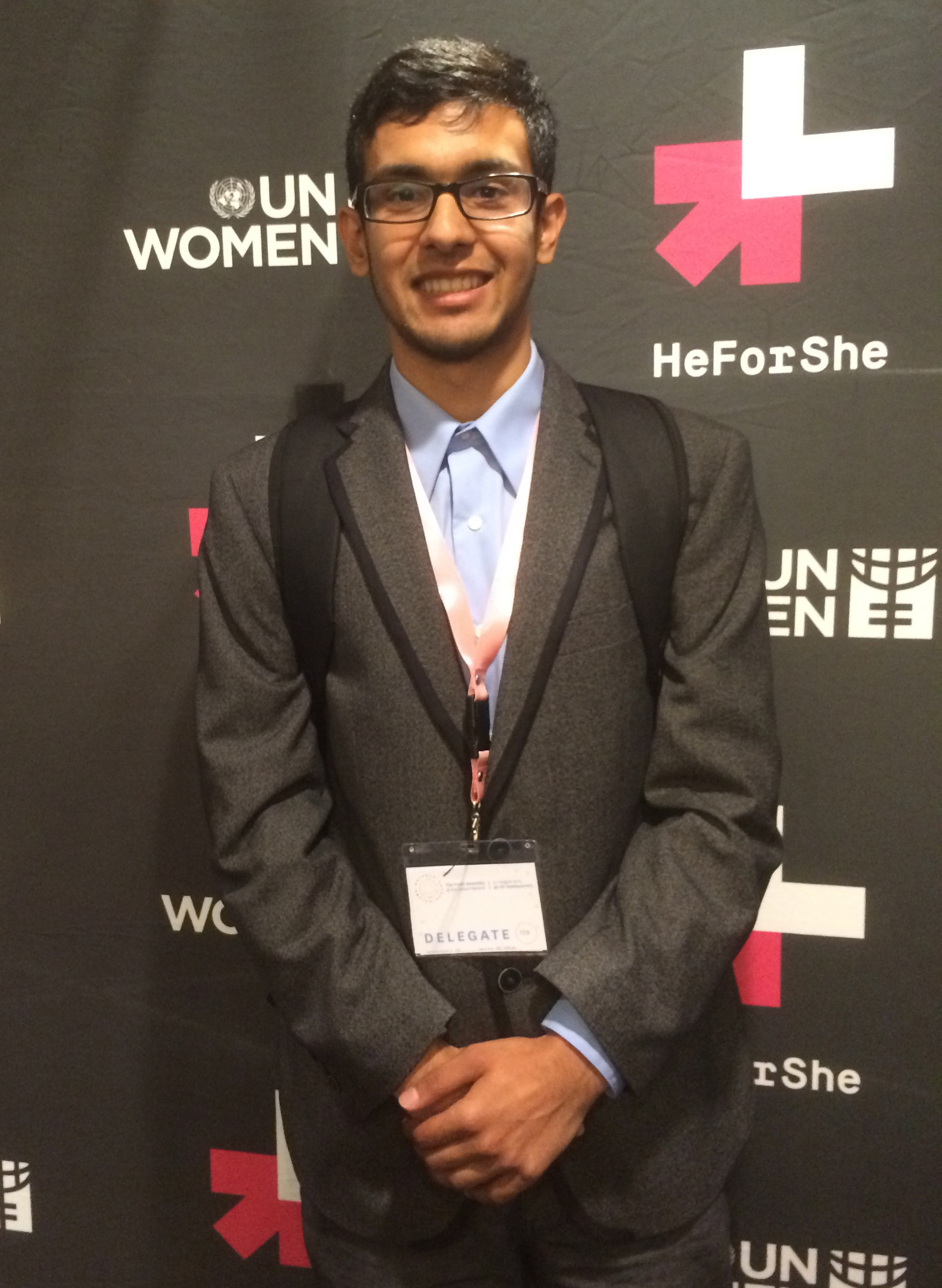Views on Ramadan — Islam’s holiest month
It has been a few weeks since I last wrote a “Views from the Six” column — weeks filled with exams and term papers. At long last, I’m back! This week, I would like to offer my views on Ramadan — one of the holiest months in the Islamic faith. Monday was actually the first day of Ramadan, and the Long Island Muslim Society on East Meadow Avenue hosted a special event for local families to kick off this sacred time of year.
Unlike the Gregorian calendar, which relies on the Earth’s revolution around the sun, the Islamic calendar is situated around the changing phases of the moon. Therefore, the months of the Gregorian calendar do not correspond directly to particular months in the Islamic calendar. The month of Ramadan follows the month of Shaban, and begins upon the sight of the crescent moon. Since the crescent moon was seen on Sunday night, the first “day” of Ramadan was Monday; the Islamic day runs from the sunset of the day before.
During the month of Ramadan, Muslims are instructed to fast — to abstain from food and drink — from sunrise to sunset daily. We eat two special meals during Ramadan: suhoor, the pre-dawn meal, and iftar, the post-sunset meal. While one can eat whatever they like for suhoor and iftar, the norm is to have dates and drink water or milk.
Ramadan brings the community together, as it is common for many families to meet up and break their fast in unison. Personally, I find the communal aspect of Ramadan makes the holy month that much more special.
Normally, Muslims pray five times a day: Fajr, the pre-dawn prayer; Dhuhr, the mid-day prayer; Asr, the afternoon prayer; Magrib, the post-sunset prayer; and Isha, the nighttime prayer. It is recommended to increase one’s prayers during such a sacred month, so many Muslims will convene in their mosques and in their homes to pray additional, optional prayers late into the night and early in the morning. You might notice that local mosques are bustling in the coming weeks.
At the end of the month, Muslims around the world celebrate a successful Ramadan by taking part in the holiday of Eid. It is customary for Muslims to attend mosque Eid morning. After congregating to pray, families traditionally get together and celebrate with food and drink. Then, we’re finally able to eat during the daytime!
I interpret Ramadan to be a trial month of sorts. By abstaining from food and drink during the day, the Muslim is meant to put his or her concentration on becoming a better person. While Muslims are prohibited from cursing, slandering and losing their tempers every month of the year, they especially refrain from such behaviors during Ramadan.
Likewise, while Muslims are encouraged to engage in charitable acts and almsgiving throughout the year, they donate even more of their time and money to worthy causes locally, nationally and internationally during this month. By the end of the “trial,” Muslims should feel like they’ve been trained in how to become the best person they can possibly be.
Ayyan Zubair is an East Meadow native and a member of the East Meadow High School class of 2015. He is currently a freshman at Stony Brook University.






